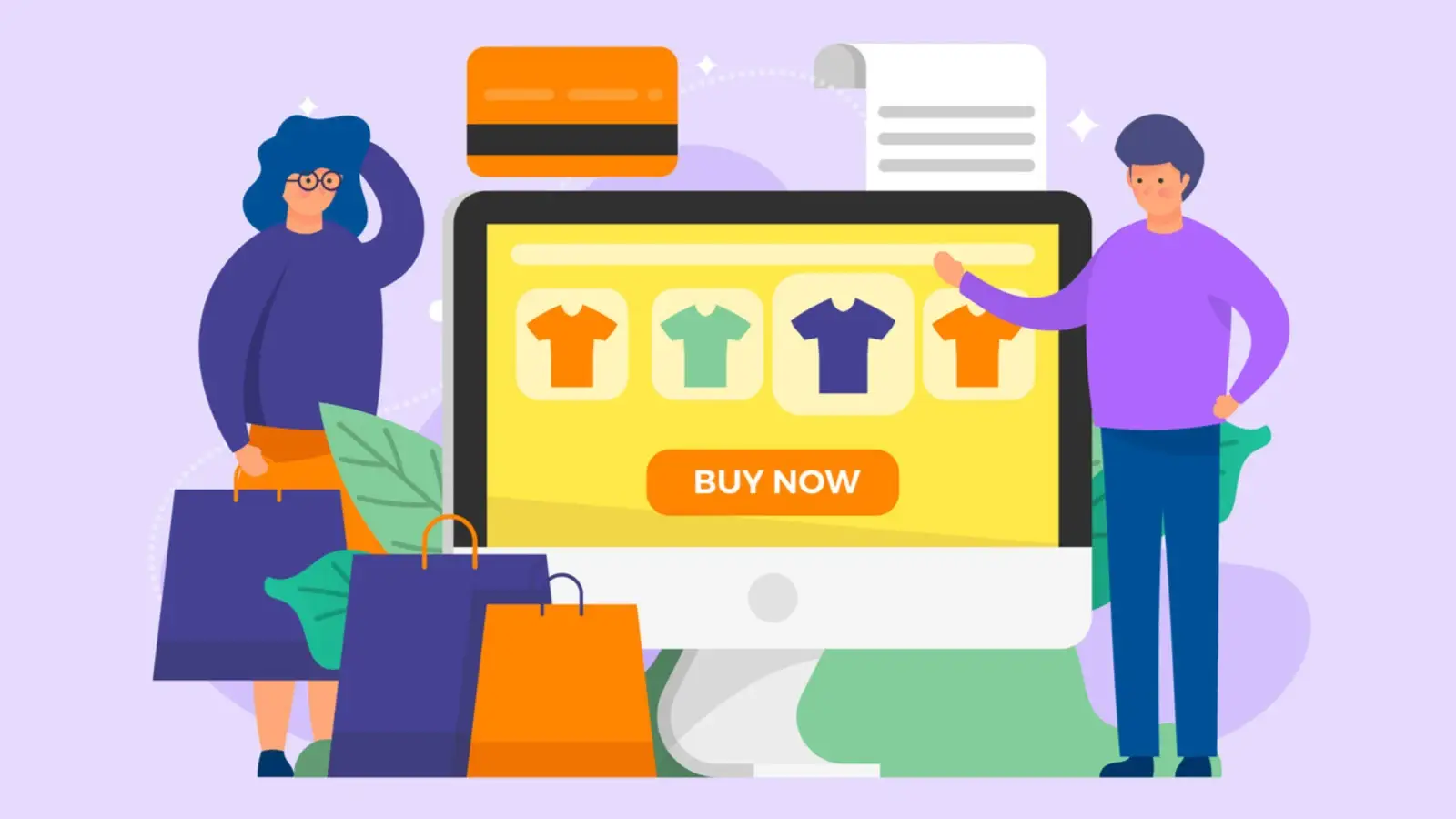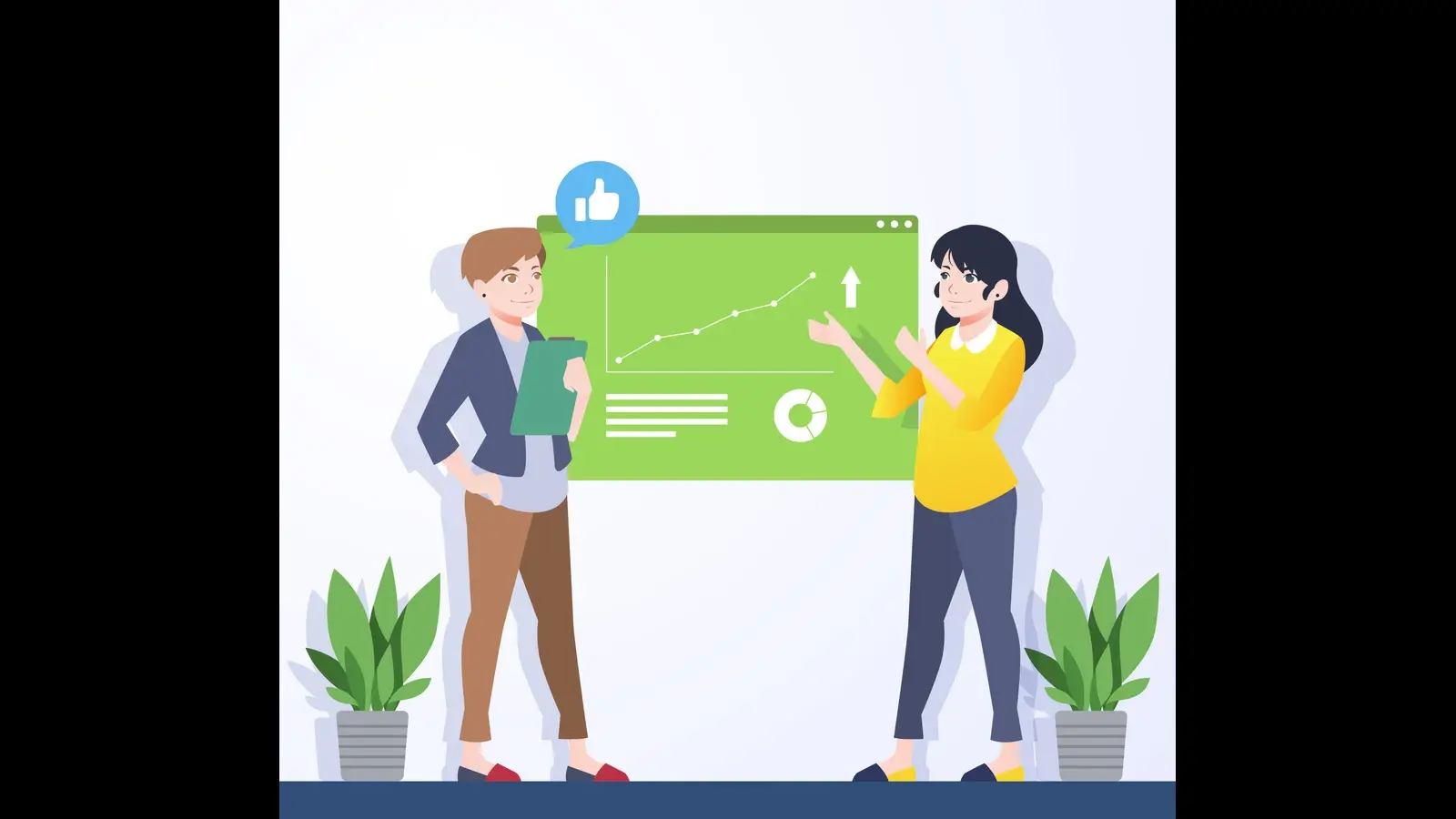
In today’s digital-first economy, small business owners face a major decision when it comes to how they present themselves online. Some choose to build and maintain their own websites, while others rely on third-party online retail and ordering platforms like Amazon, Etsy, DoorDash, or Toast. For many, the choice feels overwhelming—should you invest in a professional website, or is it enough to operate solely through established platforms? The truth is that each option comes with unique advantages and drawbacks. The right path depends on your goals, budget, and long-term vision for your brand.
This blog explores the pros and cons of both strategies and why, in many cases, the most effective solution is a combination of both.
It’s not uncommon for small business owners to avoid creating a website altogether. Some do it out of necessity—tight budgets, limited technical skills, or lack of time. Others do it by choice, feeling that platforms like Facebook, Yelp, or Amazon already provide enough visibility. Restaurants, for instance, often rely on third-party ordering apps such as DoorDash, Uber Eats, or Toast, while artists and retailers might turn to Etsy, eBay, or Walmart’s marketplace.
At first glance, it makes sense. These platforms already have traffic, customers trust them, and the setup is relatively simple. But does relying entirely on these platforms provide enough brand visibility and revenue in the long run? That’s where the trade-offs become clearer.
One of the biggest advantages of selling on platforms like Amazon or Etsy is that the audience is already there. These sites attract millions of shoppers daily, so you don’t have to invest heavily in SEO or advertising to get your products in front of potential buyers.
Online retail platforms usually provide ready-made templates, payment systems, and logistics support. That means small business owners can get started quickly without worrying about web design, hosting, or managing technical updates.
Customers often feel safer purchasing through established platforms because of their buyer protection policies and name recognition. For new businesses without a reputation, this credibility boost can be significant.
Third-party platforms allow small businesses to reach markets far beyond their local community. A handmade jewelry maker in California can instantly sell to customers in New York or even overseas through Etsy or Amazon.
While the traffic is valuable, it comes at a cost. Platforms typically take significant commissions on every sale, plus listing and service fees. Over time, this eats into profit margins, making it harder for small businesses to grow sustainably.
When you sell through a third-party platform, your brand identity takes a back seat. Customers remember the marketplace—Amazon or Etsy—more than your actual business. This limits long-term brand recognition.
Rules on these platforms can change overnight, affecting how your products are displayed, how much you pay in fees, or whether your account remains active. Businesses relying solely on them are at risk of losing their primary sales channel unexpectedly.
These platforms are crowded with thousands of similar businesses. Standing out requires either significant advertising spend or pricing your products lower than competitors, both of which can hurt profitability.
A dedicated website allows you to showcase your products or services in your own style. From design to messaging, everything reflects your unique brand identity, which is key to building customer loyalty.
Although there’s an upfront investment in creating a professional website, the long-term costs are often lower than paying continuous commissions on every sale. Over time, your website can become your most cost-effective sales channel.
Your website can host blogs, newsletters, and loyalty programs, helping you engage customers directly. You’re not just making a sale—you’re building relationships that lead to repeat business.
A well-optimized website gives you a chance to rank on Google for relevant searches, which brings in free, organic traffic over time. Unlike marketplaces, where your visibility depends on algorithms you don’t control, your website allows you to compete for targeted traffic.
Professional website development requires time, technical expertise, or money to hire an expert. This can be a barrier for small businesses operating on tight budgets.
Websites require continuous updates, security monitoring, and content refreshes to stay competitive. Unlike platforms where these are handled for you, the responsibility falls on the business owner.
A website won’t magically attract customers. Without digital marketing strategies like SEO, ads, or social media, it can take months before your website generates meaningful traffic.
For many small businesses, the smartest solution is not choosing one over the other but combining both approaches. Having your own website ensures brand recognition, direct customer relationships, and long-term growth potential. Meanwhile, selling on platforms like Amazon, Etsy, or DoorDash helps capture new customers who might never have discovered you otherwise.
The key is to treat your website as your digital headquarters and third-party platforms as additional sales channels. This way, even if platform policies change, you still own a strong online presence and a customer base that connects directly with you.
The good news is that building a website doesn’t have to be difficult or expensive. Solutions like Ellipsis Marketing make it easier for small businesses to launch professional websites that are tailored to their industry and goals.
For businesses looking for a simple, ready-to-go option, we offer a Website Program. This program is designed specifically for small business owners who want an affordable, professionally designed website without the hassle of managing complex technical details. With features like built-in SEO, mobile-friendly design, and marketing support, it bridges the gap between professional quality and affordability.
When it comes to website versus online retail and ordering systems, there is no one-size-fits-all answer. Third-party platforms provide quick access to traffic and customers, but limit your control and profitability. A website gives you ownership, branding power, and long-term growth, but requires investment and effort to succeed.
For most small businesses, the best strategy is a hybrid approach—leveraging the reach of online platforms while building a professional website as the foundation of your online presence. With tools like Ellipsis Marketing’s ReadyMade Website Program, creating and maintaining a website has never been more accessible. In the end, your website is more than just a sales tool—it’s your digital identity and the key to sustainable growth.



We are a small marketing technology business based in USA, committed to overcoming the challenges of competing against large companies with big budgets. As a small business established in California, we provide affordable, high-quality web and marketing services to help other small businesses in the United States thrive.
We are located right in your pocket and on your desk – just a phone call or email away whenever you need us. Our official mailing address is in Dublin, California, USA.